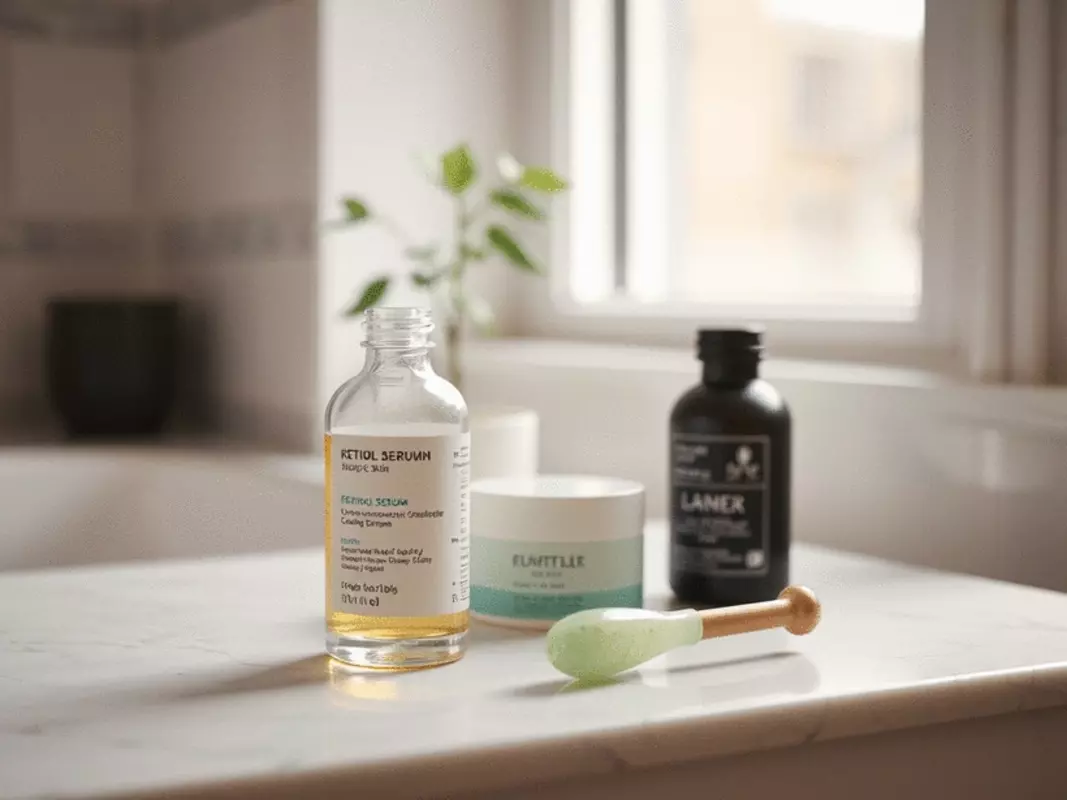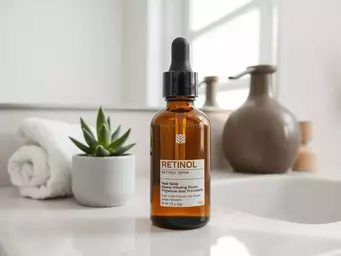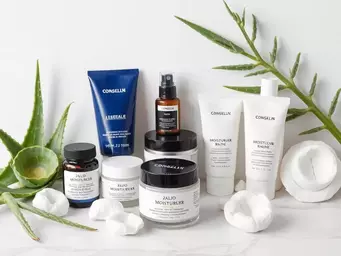Essential Ingredients for Dry Acne
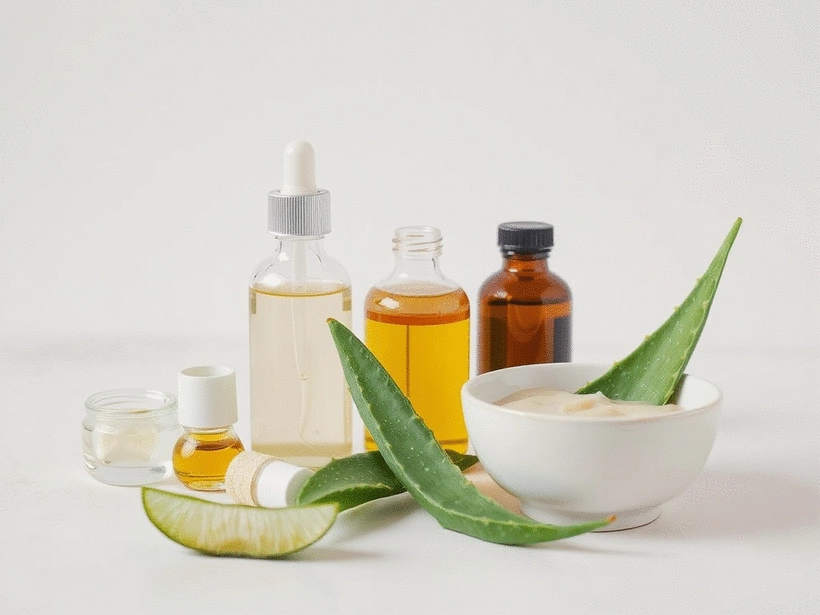
Have you ever stared into the mirror, feeling frustrated by a complexion that seems to have a mind of its own? You’re not alone. Many of us battle the dual challenge of dry and acne-prone skin, where every treatment option feels like a minefield. But fear not! Finding the right balance is not only possible but can lead to a radiant, hydrated glow that you’ll be proud to show off. Let’s dive into some effective strategies that can transform your skincare routine.
What You Will Learn
- Recognize the impact of harsh cleansers and environmental factors on dry acne-prone skin.
- Understand the importance of choosing non-comedogenic products to prevent breakouts.
- Incorporate hydrating ingredients like hyaluronic acid and ceramides for optimal moisture.
- Adopt a balanced skincare routine that combines gentle exfoliation with effective hydration.
Key Takeaways for Managing Dry Acne-Prone Skin
A balanced skincare routine is crucial for dry, acne-prone skin, combining hydration with effective acne-fighting ingredients. Below is a summary of key strategies and ingredients to achieve clear and hydrated skin.
Gentle Exfoliation & Hydration
Use salicylic acid or lactic acid to unclog pores and hyaluronic acid or ceramides to restore moisture. Always choose non-comedogenic products.
Targeted Treatment Ingredients
Incorporate niacinamide for oil balance and hydration, and retinoids for cell turnover. Consider tea tree oil for antimicrobial properties.
Balanced Skincare Routine Steps
Start with a gentle cleanser, apply targeted acne treatments, and finish with a nourishing moisturizer to lock in hydration and support skin barrier.
Understanding Dry Acne-Prone Skin and Its Unique Needs
Have you ever felt the frustration of managing skin that is both dry and acne-prone? You're not alone! As a dermatologist, I often see patients struggle with this delicate balance. Understanding the unique needs of dry acne-prone skin is crucial to finding effective solutions that promote hydration and clear skin.
Dryness in acne-prone skin can result from various factors, including harsh skincare products, environmental conditions, and even certain medications. It’s essential to recognize how these elements can exacerbate dryness while simultaneously triggering breakouts. In my experience at Dry Acne Solutions, I've seen how even the gentlest of products can sometimes lead to irritation, making it vital to choose wisely.
What Causes Dryness in Acne-Prone Skin?
Several factors contribute to the dryness often seen in acne-prone skin. Understanding these causes can help you take better control of your skincare routine:
- Overuse of Harsh Cleansers: Many individuals unknowingly strip their skin of essential oils, leading to increased dryness.
- Environmental Factors: Cold weather and low humidity can sap moisture from the skin.
- Medications: Certain acne treatments, especially those containing retinoids or benzoyl peroxide, can lead to excessive dryness. The American Academy of Dermatology Association provides further insights into various acne treatments and their potential side effects.
- Skin Conditions: Conditions like eczema or psoriasis can also compound the issue.
By identifying these causes, we can better manage our skin's hydration levels while targeting acne effectively. It’s all about finding that perfect balance!
Why Is It Important to Choose the Right Ingredients?
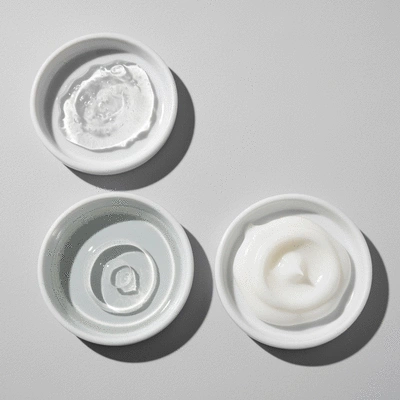
Choosing the right ingredients is paramount for those struggling with dry acne-prone skin. The wrong product can lead to irritation or exacerbate dryness, making it even harder to find solutions. I always emphasize to my patients and readers at Dry Acne Solutions that hydration should never take a back seat in their skincare routine.
When selecting products, look for ingredients that not only target acne but also provide hydration. This combination is vital to maintaining a healthy skin barrier. It’s also essential to choose non-comedogenic products to prevent further breakouts, ensuring that your skincare works harmoniously with your specific needs.
Pro Tip
To effectively manage dry acne-prone skin, consider incorporating a hydrating serum with hyaluronic acid into your routine. This ingredient not only attracts moisture but also helps to plump the skin, enhancing its overall texture while keeping breakouts at bay. Apply it before your moisturizer for maximum hydration!
Summarizing Key Takeaways for Managing Dry Acne-Prone Skin
When it comes to managing dry acne-prone skin, a balanced skincare routine is your best friend! It's essential to combine hydration with effective acne-fighting ingredients. Remember, the goal is to keep your skin clear without sacrificing moisture. Let’s recap the key points that can help you achieve this balance.
- Identify and use gentle exfoliants like salicylic acid or lactic acid to keep pores unclogged.
- Incorporate hydrating agents such as hyaluronic acid and ceramides to restore skin moisture.
- Choose non-comedogenic products to prevent breakouts while maintaining hydration.
- Be mindful of ingredient layering to maximize benefits without irritating your skin.
These strategies are crafted to ensure you don’t just tackle acne but also nurture your skin. It's a delicate dance, but when done right, it leads to healthier, happier skin!
The Importance of a Balanced Skincare Routine
A balanced skincare routine is crucial, especially for those of us dealing with the challenges of dry acne-prone skin. It’s not only about what we apply, but also about how we layer and combine various products. Striking this balance can yield a complexion that is both clear and hydrated.
- Start with a gentle cleanser to remove impurities without stripping moisture.
- Follow up with targeted treatments that address acne while being mindful of hydration.
- Finish with a nourishing moisturizer that locks in hydration and supports the skin barrier.
Adopting such a routine can significantly improve your skin's resilience and appearance, reducing the chances of irritation and breakouts.
Final Thoughts on Ingredient Selection and Skin Health
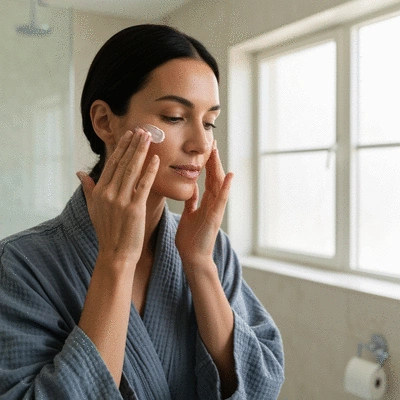
Choosing the right ingredients can feel overwhelming, but it doesn’t have to be! Focus on products that feature dermatologist-recommended ingredients tailored for your unique skin type. At Dry Acne Solutions, I emphasize evidence-based recommendations that prioritize both hydration and acne management.
- Look for products with niacinamide to help balance oil levels while keeping your skin hydrated.
- Incorporate retinoids to promote cell turnover without compromising your skin barrier.
- Don’t underestimate natural options like tea tree oil for its antimicrobial properties.
By selecting the right ingredients, you empower yourself to not only manage acne but also maintain a healthy, vibrant complexion.
Frequently Asked Questions About Dry Acne-Prone Skin
- Q: What are the main causes of dry acne-prone skin?
- A: Dryness in acne-prone skin can be caused by harsh skincare products, environmental factors like cold weather, certain acne medications (such as retinoids or benzoyl peroxide), and underlying skin conditions like eczema.
- Q: Why is it important to use non-comedogenic products?
- A: Non-comedogenic products are formulated not to clog pores, which is crucial for preventing new breakouts while managing existing acne and dryness. Clogged pores can exacerbate acne, making it harder to achieve clear skin.
- Q: Which hydrating ingredients are best for dry acne-prone skin?
- A: For optimal hydration, look for ingredients like hyaluronic acid, which attracts and holds moisture, and ceramides, which help restore the skin's natural barrier. These ingredients provide moisture without contributing to breakouts.
- Q: Can I use exfoliants if I have dry, acne-prone skin?
- A: Yes, gentle exfoliants like salicylic acid and lactic acid can be beneficial. Salicylic acid helps unclog pores, while lactic acid provides mild exfoliation and hydration. It’s important to introduce them slowly and monitor your skin's reaction to avoid irritation.
- Q: When should I consult a dermatologist for my dry acne-prone skin?
- A: It is advisable to consult a dermatologist if over-the-counter products are not effective, if your acne is severe, or if you experience significant dryness and irritation. A dermatologist can offer personalized guidance and prescription-strength treatments, as recommended by the Mayo Clinic.
Encouragement to Take Action for Healthier Skin
It's time to take action! With the knowledge and tools from this guide, you can begin to transform your skincare journey. Embrace these recommended ingredients and practices, and watch your skin flourish.
Explore Products that Incorporate These Dermatologist-Recommended Ingredients
Take the next step by exploring skincare products that contain ingredients like hyaluronic acid, salicylic acid, and niacinamide. These ingredients are crucial for your skincare arsenal. Visit our product section at Dry Acne Solutions to find carefully selected products that cater to your skin’s specific needs.
Consulting a Dermatologist for Personalized Skincare Guidance
Lastly, don’t hesitate to consult with a dermatologist. Personalized skincare guidance can greatly enhance your routine and help you navigate the complexities of dry acne-prone skin effectively. Together, we can create a plan that’s tailored to your unique skin challenges. Your path to healthier skin awaits!
Recap of Key Points
- Identify and use gentle exfoliants like salicylic acid or lactic acid to keep pores unclogged.
- Incorporate hydrating agents such as hyaluronic acid and ceramides to restore skin moisture.
- Choose non-comedogenic products to prevent breakouts while maintaining hydration.
- Be mindful of ingredient layering to maximize benefits without irritating your skin.
- Establish a balanced skincare routine that combines hydration with effective acne treatments.



